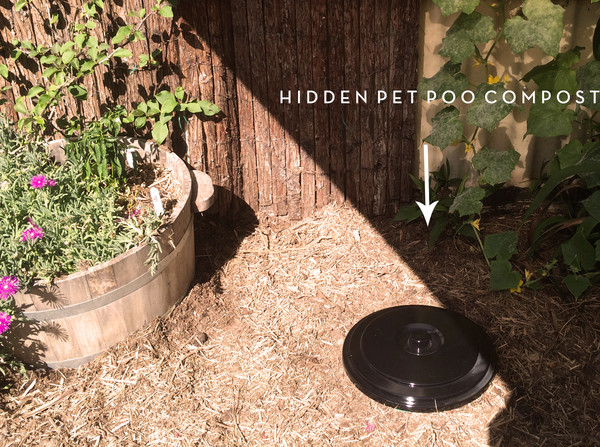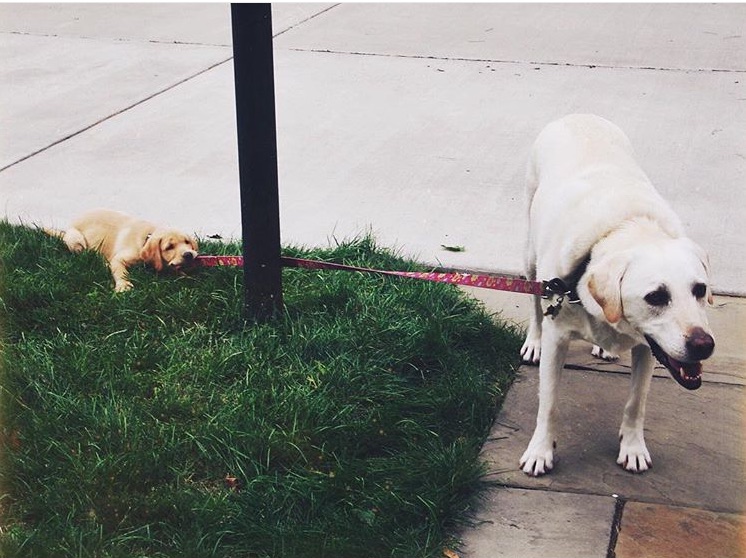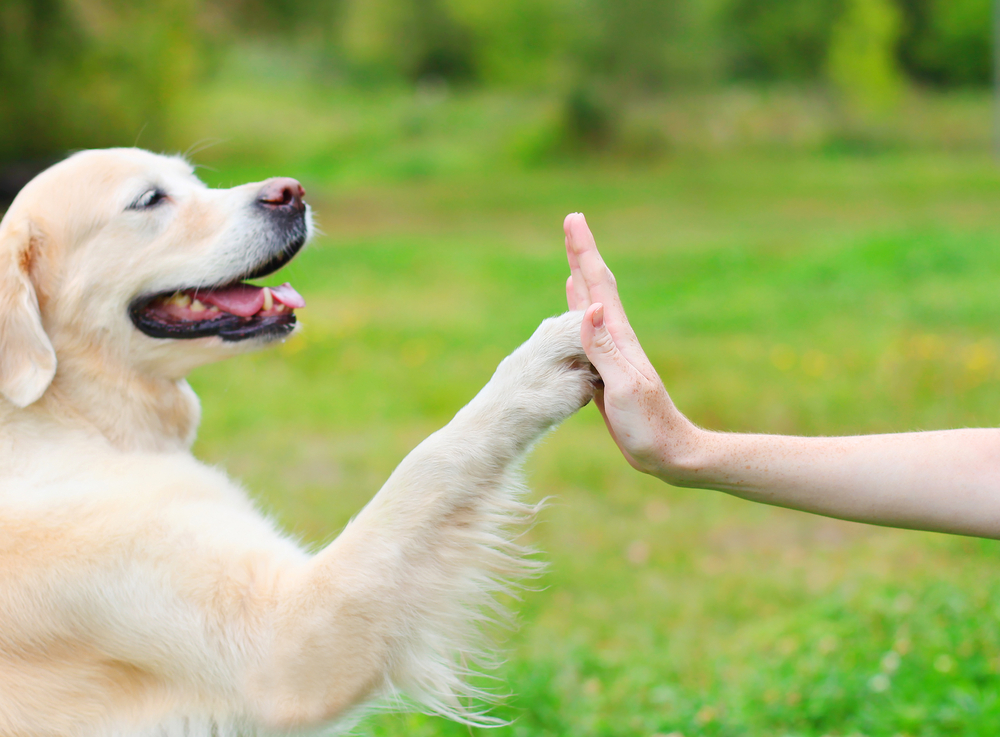Can you cut 1 Tonne of carbon pollution out of your life?
Take the challengeOne of our readers, Sue, asked, "What is the most sustainable way to feed your puppy?"
As a dog owner myself, this query struck a chord with me. I am constantly thinking about the impacts of my own actions on the planet, but I never considered the carbon paw print of my pup!
We did some research on planet-strong pet ownership to help you reduce the environmental impact of your four-legged friend!
Sustainable Food Choice:
According to the international journal Advances in Nutrition, the pet food is a $55 billion industry! This means voting for sustainable options with your wallet really counts here.
The pet-food industry is largely based on animal byproducts from food that humans won't eat.
What does this mean? Pet food is made out of the "leftovers" from animal agriculture, which can be good because it is using food that would otherwise be wasted.
Animal byproducts that have been processed at a rendering facility are a very sustainable option according to the Pet Food Institute. Rendering facilities cook down portions of an animal at very high temperatures to derive nutritious, usable fats as well as a fine, protein and mineral rich powder called a "meal."
In a study by the National Renderers Association, it was found that for every 50 tons of carbon dioxide released, the rendering process captures at least 200 tons of carbon dioxide. While this option is more sustainable than traditional pet food, some may not be keen on it as it still supports the animal agriculture industry and meat production in itself has a large carbon footprint.
Can my dog or cat be a vegan?
While it is ok to feed a dog a completely plant-based diet such a diet is not appropriate for a cat as they need taurine for optimum health and survival.Because they are evolutionarily carnivores, a meat-free diet can cause them to become severely ill. 1 Million Women does not recommend a vegan diet for cats.
[WATCH] How to make vegan dog food
Is the "BARF" diet a sustainable option?
The Biologically Appropriate Raw Foods "BARF" diet is gaining popularity among nutrition conscious pet owners. The idea of the diet is to allow your pets to eat foods that their bodies are designed to process, from an evolutionary standpoint. Purchasing pre-made BARF food for your dog is an environmentally strong option because the food is not processed or cooked (saves energy) and there are no added chemicals or preservatives. However, it still comes in quite a bit of packaging, just like most pet food.
A great zero waste option is to cook up your dog's food right at home in your own kitchen! Here's one recipe to try out.
Raw dog food recipe:
- ½ cup raw meat such as beef, ground poultry, organs meats or lamb
- ½ cup pureed raw vegetables
- ¼ cup whole grains (cooked)
- 1 teaspoon bone meal powder
- ¼ teaspoon ascorbic acid
- ½ tablespoon kelp powder
- 1 teaspoon olive oil
Mix all the ingredients and serve.
Tip: Don't overfeed your pet! While you might be tempted to give out one more treat or table scraps (those puppy dog eyes can be pretty hard to resist!), feeding your pet too much is bad for their health and increases their carbon footprint!

image: A. Bideaux
Sustainable Waste Disposal:
Did you know that 4% of the landfill is dog poop? It adds up quickly…picking up dog poop 3 times a day puts over 1,000 plastic bags in the landfill in just one year!
So what can you do?
Biodegradable poop bags can be a great choice. But here's the catch… they only decompose under "correct conditions". The conditions in a landfill are far from correct – research has shown that these bags will still take 10 to 1,000 years to decompose in the landfill!
Do pick up the doggie doo! Leaving the poop in nature means that it is likely to get washed into waterways, causing contamination or deplete Oxygen levels as it is Nitrogen rich.
Here are the two best options for taking care of your furry friend's business:
1. Compost the poop – and give your flowers and plants a boost!A regular compost pit works just fine or there are even special pet poo compost bins! Try out this DIY pet poo composter- less expensive than store bought and takes less than 2 hours to make!
Disclaimer: never compost pet poo in a veggie or edible garden, as it will contaminate your food!

image: PetHaus
2. Flush it
These flushable poop bags are water-soluble. However, don't try this if you have a septic system and it is always best to check with your municipality to make sure the sewage system is capable of processing this type of waste.
Protecting Wildlife:
We all like to think of our pooches as little angles, but we know that they have a naughty side! Their natural instincts to hunt and chase can be especially harmful to native animals in the area.
In natural reserves or native bush, especially where endangered species are more exposed, keep your dog on a leash. Keep cats inside overnight from dusk until dawn to reduce preying on species active during these times.

image: A. Bideaux
Is your pooch feeling under the weather?
Check out these zero waste natural home remedies to keep your pet happy and healthy!
No one should have to choose between their precious pooch and the environment. With these tips, you and your furry friend can be on your way to saving the planet… Go team!

image: Shutterstock
Got a sustainability question you want us to tackle? Ask us via Facebook, Twitter or email!
banner image: Shutterstock
Read this next: 7 things you can donate to animal shelters
1 Million Women is more than our name, it's our goal! We're building a movement of strong, inspirational women acting on climate change by leading low-carbon lives. To make sure that our message has an impact, we need more women adding their voice. We need to be louder. Joining us online means your voice and actions can be counted. We need you.

